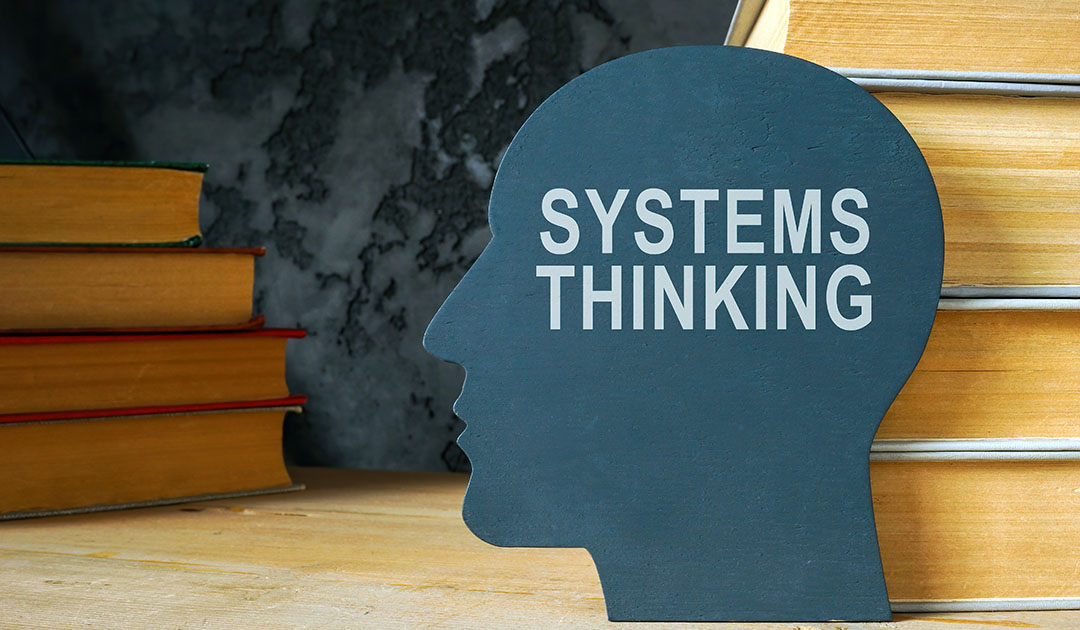
When dealing with public finances and public administration, it is very important that there is both transparency and accountability. Although they may have been ignored in years gone by, both transparency and accountability are increasingly important within public finance and administration. As part of best practice, both should also play large roles in the monitoring and evaluation (M&E) process, which we covered in this article.
In this article, we will cover how transparency and accountability are legally required by government departments, international trends in monitoring and evaluation and show some examples of organisations putting it into action.
Why transparency and accountability are needed
As we have seen within South Africa’s government, through the interim findings of the Zondo commission on state capture, a lack of transparency and accountability can be incredibly costly. Without transparency, it is far too easy for people to make decisions and take actions that are personally beneficial, but that comes at a cost to the public.
By implementing effective M&E processes and improving transparency and accountability, the idea is that there will be no (or at least far less) corruption. The need for this goes beyond governments and state budgets, as it also applies to other public sector and civil society organisations. Large charity organisations can also be prone to corruption, or the more euphemistic term, inappropriate spending.
People who donate to a charity want to know that the money they have donated actually goes to the cause they want to support and is not, instead, mostly spent on staff salaries and top-heavy administrative costs. This is even more so the case for large organisational donors or state donors, some of which include a transparency rating in the scorecards by which they rate potential recipients.
South African legal requirements
Before South Africa entered democracy in 1994, there was little to no transparency and accountability within the government. When the South African Constitution was drawn up to become what many consider the most progressive in the world, it included several sections relating to transparency and accountability.
As the Treasury’s Framework for Managing Programme Performance information states in its chapter on the publishing of performance information, all government institutions are required to publish administrative and performance information to:
- Account to Parliament and provincial legislatures
- Be transparent and accountable to the public
- Provide private individuals and the private sector access to information held by the government that they can use in decision-making
- Provide researchers access to information.
With this having been written into the Constitution all those years ago, you’d be forgiven for thinking that these processes and guidelines have been followed ever since. Unfortunately, the gap between policy and actual practice is often big and it can take a long time for huge institutions to adapt and adjust. On the plus side, this means there is still a need across much of the government for skilled and ethical professionals who can carry out M&E in a transparent and accountable way.
Watching the watchdogs
Earlier we spoke of how there are many opportunities for skilled M&E professionals within the government. There are also many other work opportunities in the non-governmental space.
In South Africa, we have the Parliamentary Monitoring Group (PMG), which was set up as a partnership between the Black Sash, Human Rights Committee and the Institute for Democracy in South Africa. Its aim is to provide information on the proceedings of more than 50 South African parliamentary committees.
As the PMG notes, there is no official public record available of the committee proceedings. This valuable information is needed by social justice organisations to lobby Parliament on legislation, matters of democratic processes and parliamentary oversight.
If you would like to read more, the PMG put together a detailed case study showing the areas in which they are involved, as well as giving some other comparative services around the world. Looking at what these different agencies cover gives a good idea of the many important applications of quality M&E across all spheres of society.
One interesting example is OpenSecrets.org, which is a US group that monitors the funding of political groups. This is important information for the democratic process as it exposes, at least to a degree, the large impact that corporations and the lobbying establishment can have on political decisions.
Over the years many people, including a character played by comedian Robin Williams, have suggested that politicians should wear jackets with the badges of their sponsors on them so that we know who is funding them, much like race car drivers do with their sponsors. While that is very unlikely to ever happen, Open Secrets does at least provide similar information.
International trends in monitoring and evaluation
So far we have spoken mostly of South Africa’s growing need for good monitoring and evaluation, but the increased focus on transparency and accountability is in fact a global trend.
As the world’s countries become better connected, there is improved cooperation between countries. There is now far greater sharing of information on matters such as tax records and financial transfers. Some of this has been driven by an effort to clamp down on crime and, in more extreme circumstances, on things like terrorist funding.
One example of this is recent changes to banking legislation in Switzerland. As you may know from older movies or TV shows, a Swiss bank account was a popular choice for people wanting to keep their ill-gotten wealth safe (such as money from undeclared profits, bribes or drugs and arms deals). Until recently, Swiss privacy laws meant that banks were not required to disclose their holdings or any client information. This however has changed as part of a crackdown to recoup missing tax revenue and clamp down on illegal activity.
Late last year saw the publishing of the Pandora Papers, which were described as an “offshore asset data tsunami” and which exposed the secret financial dealings of many wealthy and prominent people. According to the report, it included 330 politicians and 130 Forbes billionaires, as well as celebrities, royalty, religious leaders and, of course, outright criminals.
Before the Pandora Papers, there was the Panama Papers leak, which exposed similar dealings by a wide collection of the super-wealthy a few years earlier. While tax havens continue to exist, the net is certainly closing in on tax avoidance. Both global business and society are placing increasing importance on ethical behaviour and putting increasing pressure on those who refuse to be transparent or accountable.
How to start your M&E career
If the idea of increasing the accountability of organisations and helping prevent important and far-reaching decisions being made behind closed doors, then you may want to consider a career in monitoring and evaluation.
The Wits School of Governance offers a specialised Postgraduate Diploma in Public Management in the field of Monitoring and Evaluation (PDMPM in M&E) that will equip you with all the skills you need to work in this important field.
Should you decide the course is right for you, you can begin your application right away and get started with your course within the next two months.







